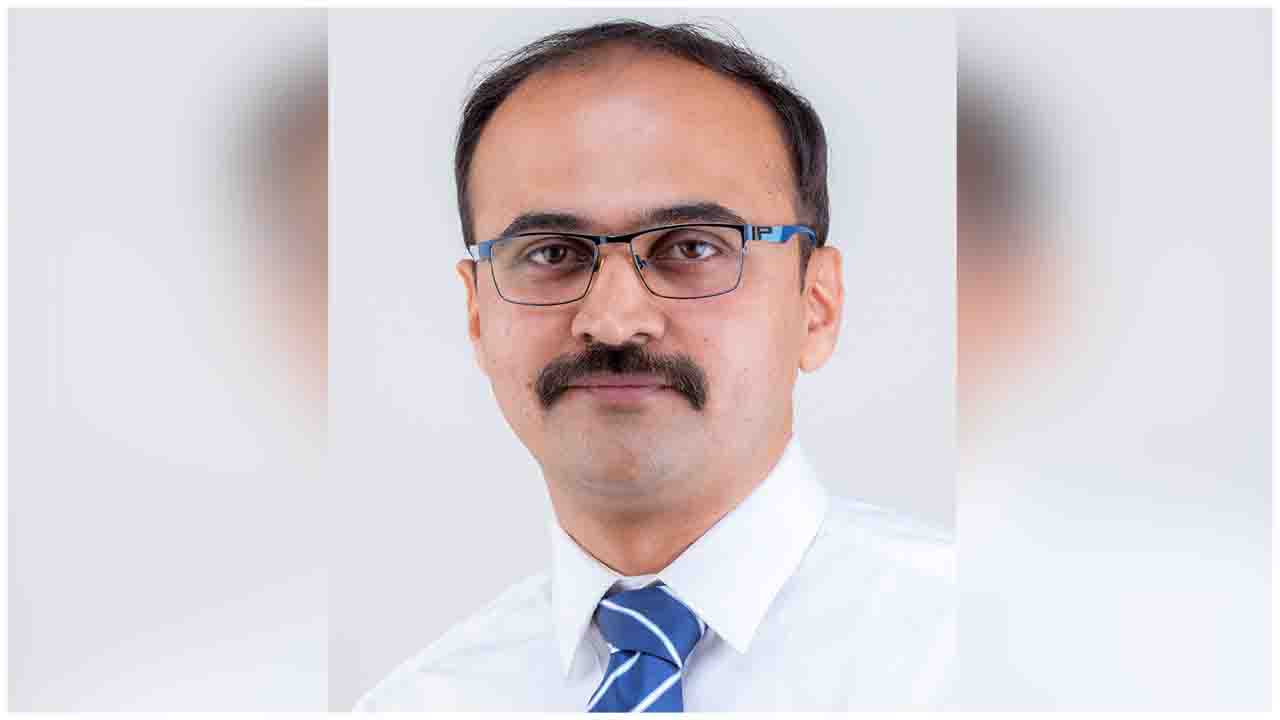Around 290 million people worldwide are living with viral hepatitis and are unaware about their condition. World Hepatitis Day (WHD) is celebrated every year on 28th July in order to raise awareness of the global burden of viral hepatitis and to influence real change.This year, the theme is ‘Find the Missing Millions’. Every healthcare provider should take this opportunity to increase awareness and to jointly facilitate diagnosis, treatment and prevention of viral hepatitis.
There are two types of hepatotropic viruses. Hepatitis A & E are water-borne infections, while Hepatitis B & C are spread via contact with infected blood and body fluids. Hepatitis A is a common cause of hepatitis, spread by consuming contaminated food and water and is usually responsible for many sporadic cases of water-borne hepatitis. Hepatitis E, which is also spread due to contaminated drinking water, has caused many outbreaks in India. It can be fatal in pregnancy and can lead to acute liver failure. As there are no antivirals, treatment for hepatitis caused by A & E is usually supportive, but few severe cases require hospitalisation. Hepatitis B and C are spread via contact with infected blood and body fluids. These are generally silent viruses, hence liver damage due to these can go unnoticed.
We come across most cases of hepatitis B&C when patients are undergoing routine screening tests before any surgery or health checks. Their diagnosis often occurs when a patient presents with advanced liver disease i.e. cirrhosis or at times, liver cancer. Liver cirrhosis, once developed, is non reversible. Complications like jaundice or ascites herald the need for liver transplant. Liver cancers due to Hepatitis B & C are often diagnosed late or in an advanced stage, where liver transplant remains the only treatment option. There are now good antiviral medications for the treatment of hepatitis B&C. Hepatitis C can be cured in 95% patients, while hepatitis B can be controlled so as to prevent complications. Not all patients of hepatitis B require treatment, hence periodic testing and consultation with your doctor is advised. Acute liver failure (ALF) is an emergency medical condition, wherein the liver fails suddenly. Hepatitis A, B & E can cause ALF, those patients require special care in dedicated liver ICU units and may require emergency liver transplant. Prevention- There are vaccines available for hepatitis A and B, by which we can prevent these infections and thereby their complications. Vaccines are being developed for hepatitis E & C as well.
So on the occasion of this World Hepatitis Day, I urge you all to get yourself tested for these viruses, so that we can guide you regarding early treatment or preventive options, in order to live a healthy life.
About the Author
Dr. Pavan Hanchanale is a Gastroenterologist and Hepatologist in Baner, Pune and has an experience of 8 years in treating Inflammatory Bowel Disease (IBD) Treatment, Bladder Cancer Surgery, Liver Disease Treatment, Ulcerative Colitis Treatment and Irritable Bowel Syndrome ( IBS ) . He completed MBBS from Bharati Vidyapeeth Medical College, Pune in 2007, DNB - General Medicine from Deenanath Mangeshkar Hospital and Research Centre in 2011 and DNB - Gastroenterology from Gleneagles Global Hospital in 2017.

 Dr Pavan Hanchanale advises everyone to test for hepatitis to be on the safe side
Dr Pavan Hanchanale advises everyone to test for hepatitis to be on the safe side










.jpeg)




.jpeg)

.jpg)













